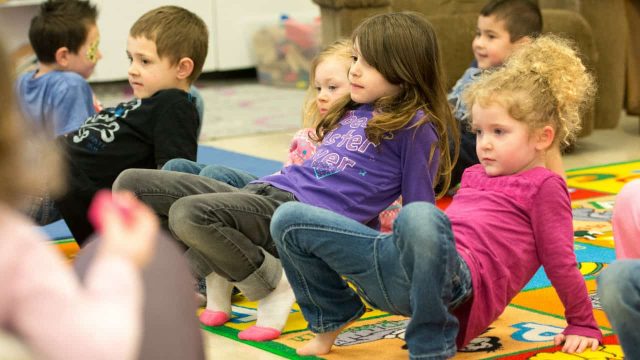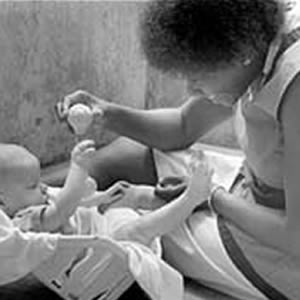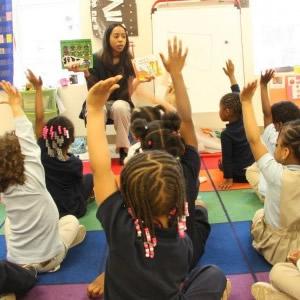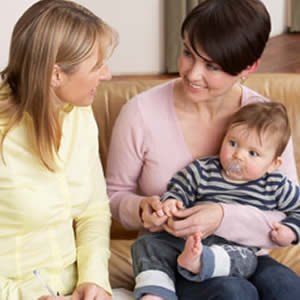Early Childhood Program Outcomes

Yoncalla Early Works
Early Works, a 10-year Children’s Institute initiative, was launched in two Oregon communities to demonstrate a new approach to education and healthy development for young children and their families. The approach is driven by parents, educators, and partners in the community and grounded in what research has shown children and families need to thrive.
The Abecedarian Project
The Abecedarian Project demonstrated that young children who receive high-quality early education from infancy to age five do better in reading and math and are more likely to stay in school longer, graduate from high school, and attend a four-year college. Children who participated in the early intervention program posted higher cognitive test scores and tended to wait longer to have their first child. Conducted by Dr. Craig Ramey, one of the nation’s leading early childhood researchers, this was the first study to track participants in an early learning program from infancy to age 21. Based in North Carolina, this study tracked 111 low-income African-American families. Half of participants were randomly assigned to receive full-time early learning intervention services starting at infancy; the other received no educational services.


High/Scope Perry Preschool
By age 40, adults who participated as 3- and 4-year-olds in quality preschool were more likely to have graduated from high school, held a job, made higher earnings, and committed fewer crimes than those who didn’t attend, according to this seminal study. In 1962, researchers began following 123 high-risk 3- and 4-year-olds and their families in Ypsilanti, Michigan. Nearly 60 of those children were randomly assigned to a high-quality early learning program; the rest received no preschool.
Early Head Start Research and Evaluation Project
Children enrolled in Early Head Start performed better on measures of cognition, social-emotional, and language functioning than their peers who were not enrolled, according to this landmark study of the federal Early Head Start program. The study also found that children who participated in Early Head Start (from birth to age three) and later programs (from age 3 to 5) had the most positive outcomes. More than 3,000 children and families at 17 sites were randomly assigned to receive Early Head Start services or to be in a control group in 1996 for this Administration for Children and Families study.


Home Visiting
In evidence-based home visiting programs, trained parent coaches provide child-development and parenting information to help young parents create safe, stimulating home environments; model positive and language-rich relationships; and connect families to medical, dental, mental-health, and other supports. Research studies have shown that home visiting programs increase children’s literacy and high school graduation rates, as well as how much parents read to their children. In addition, such programs increase positive birth outcomes for children, improve the likelihood that families have access to a doctor, and decrease rates of child abuse and neglect.
